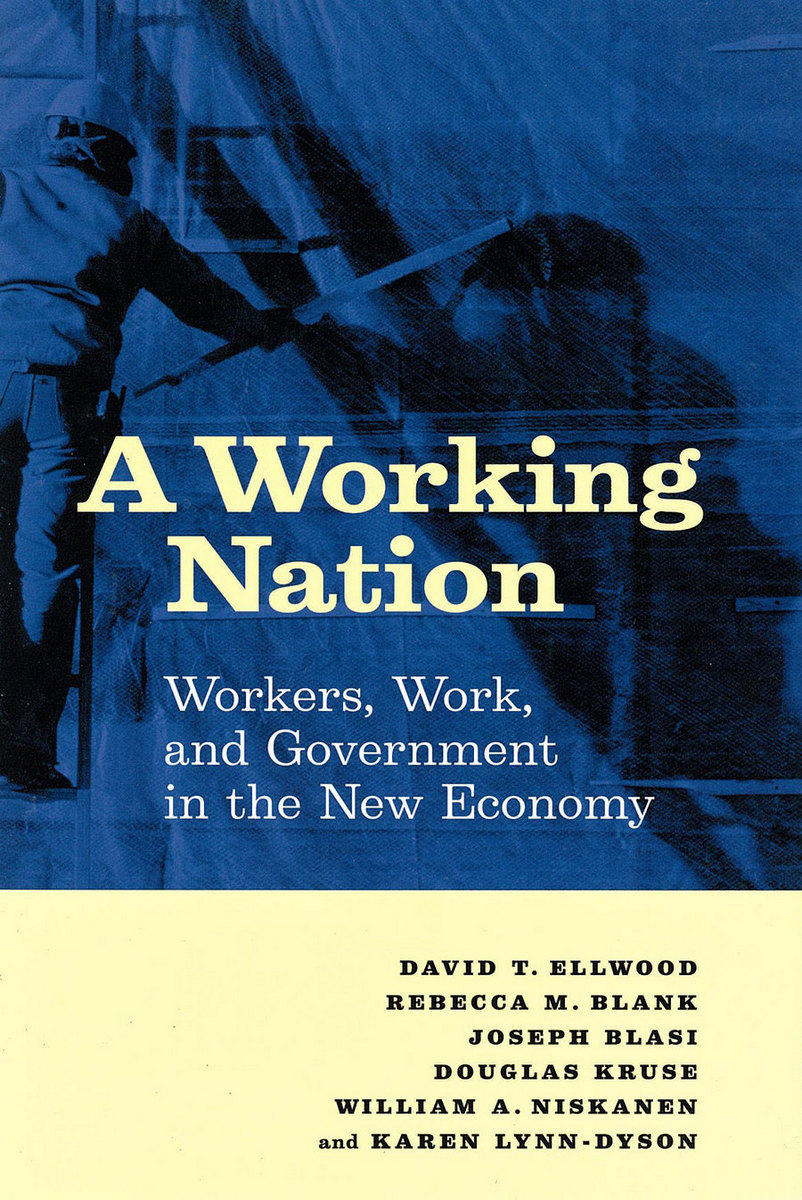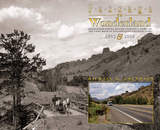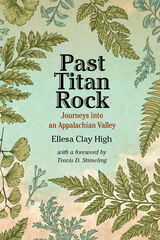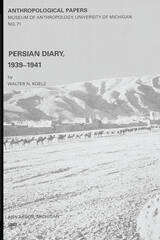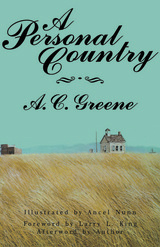A Working Nation: Workers, Work, and Government in the New Economy
Russell Sage Foundation, 2000
Paper: 978-0-87154-247-2 | Cloth: 978-0-87154-246-5 | eISBN: 978-1-61044-180-3
See other books on: Blank, Rebecca M. | Ellwood, David T. | Government | New Economy | Workers
See other titles from Russell Sage Foundation
Paper: 978-0-87154-247-2 | Cloth: 978-0-87154-246-5 | eISBN: 978-1-61044-180-3
ABOUT THIS BOOK | AUTHOR BIOGRAPHY | TOC
ABOUT THIS BOOK
The nature of work in the United States is changing dramatically, as new technologies, a global economy, and more demanding investors combine to create a far more competitive marketplace. Corporate efforts to respond to these new challenges have yielded mixed results. Headlines about instant millionaires and innovative e-businesses mingle with coverage of increasing job insecurity and record wage gaps between upper management and hourly workers. A Working Nation tracks the profound implications the changing workplace has had for all workers and shows who the real economic winners and losers have been in the past twenty-five years. A Working Nation sorts fact from fiction about the new relationship between workers and firms, and addresses several critical issues: Who are the real winners and losers in this new economy? Has the relationship between workers and firms really been transformed? How have employees become more integrated into or disconnected from corporate strategies and performance? Should government step into this new economic reality and how should it intervene? Among the topics investigated, David T. Ellwood explores and explains the apparent paradox between the steady rise in per capita national income and the stagnant wages of middle- and working-class workers. Douglas Kruse and Joseph Blasi study relative changes in long-term vs. temporary work, and evaluate the introduction of profit-sharing schemes and high performance workplace programs. William A. Niskanen and Rebecca M. Blank, both former members of the president's Council of Economic Advisers, offer their perspectives on what direction government might take to make this a working nation for everyone. Though Niskanen and Blank take alternative approaches, they both conclude that the primary policy emphasis ought to be on the problems of the least skilled more than on inequality per se, and that a focus on childhood education and tax supports for low-income working families should be of primary concern. A Working Nation paints a compelling and surprisingly consistent picture of today's workplace. While the booming economy has created millions of new jobs, it has also lead to an alarmingly unbalanced system of rewards that puts less-skilled, and many middle-class, workers at risk. This book is essential reading for those seeking the most efficient answers to the challenges and opportunities of the evolving economy.
See other books on: Blank, Rebecca M. | Ellwood, David T. | Government | New Economy | Workers
See other titles from Russell Sage Foundation
